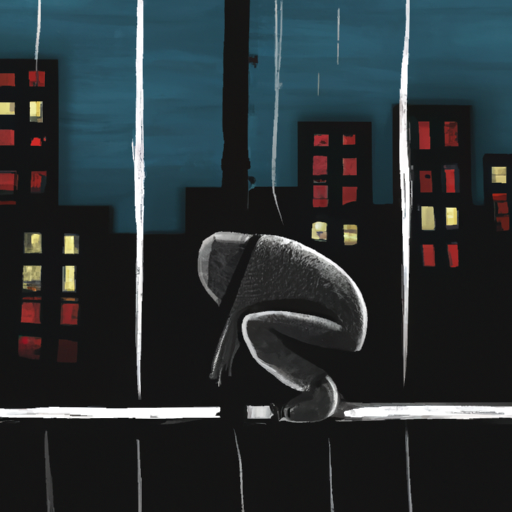Unraveling the Devastating Consequences of the Canadian Opioid Crisis
Today, we focus on a piercing issue deeply affecting our Canadian society. We step into the distressing sphere of the ongoing opioid crisis in Canada.
The Opioid Crisis: A National Health Catastrophe
The escalation of the opioid crisis has significant bearings on public health, exerting significant pressures on citizens, health care infrastructure, and the law enforcement apparatus. Lives lost, increasing crime rates, homelessness, and the socioeconomic burden of addiction paints a somber picture.
Devastating Toll on Health
The opioid crisis has significantly impacted public health. More Canadians succumb to opioid overdoses annually than any other form of accidental death. The situation remains critical even amid numerous efforts to curb this. Naloxone, the life-saving antidote for opioid overdose, is increasingly used by first-response teams. However, the crisis persists, indicating the depth of this complex issue.
Escalation in Crime Rates
Rendered desperate by addiction, individuals affected by the opioid crisis often resort to criminal activities to fund their habit. The increasing rates of petty crimes and serious offenses are an alarming footprint of the opioid crisis on public security.
Influx in Homelessness
Substantial evidence suggests a direct correlation between the opioid crisis and homelessness. Economic instability, stigmatization, and the severe physical and psychological effects of opioid abuse often leads to chronic displacement. This confluence of homelessness and opioid addiction compounds the hardships faced by these vulnerable individuals.
In the Face of the Crisis: National and Local Interventions
Several initiatives are undertaken nationwide and locally to combat the crisis. However, the sheer magnitude of the problem necessitates intensified multi-pronged strategies.
National Opioid Class Action: A Legal Angle
In an unprecedented move, the Canadian government has embraced the legal route to fight the crisis‚ the national opioid class action lawsuit. Arguments suggest pharmaceutical companies may have intentionally misrepresented the potential addiction risks of these medications. This lawsuit could potentially direct substantial reparations towards combatting the opioid crisis.
Ground-Level Initiatives
From offering Naloxone training to launching awareness campaigns and supporting rehabilitation centers, multiple local initiatives attempt to halt the devastating momentum of the opioid crisis.
Key Points
- The ongoing opioid crisis presents significant implications on public health and security, marked by skyrocketing overdose deaths, rising crime rates, and an influx in homelessness.
- Naloxone, though a critical tool, is insufficient alone to curb the crisis, further indicating its complex nature.
- The national opioid class action is a key legal move potentially facilitating much-needed financial support for strategic interventions in the future.
- Ground-level initiatives offer hope in this grim situation and hold the promise of alleviating the grievous impacts of opioid addiction.
In conclusion, the opioid crisis is more than just a health or legal issue; it is a complex societal problem reflecting deeper underlying issues. It presents serious implications for public health and security, amplifies crime rates, and exacerbates homelessness. The national opioid class action illustrates a rigorous approach to holding parties accountable, potentially steering significant resources towards combatting this crisis. Local, ground-level initiatives stake a formidable stance, albeit with much work still needed.
Seamlessly addressing the opioid crisis will require ongoing dedication, intensified efforts, and focused resources. Comprehensive strategies that address not only the addiction but also its widespread implications will form the crux of any successful endeavour. As community and civic leaders, our collective commitment to resolving this issue will undisputedly make Canada a healthier, safer society for all of us.
